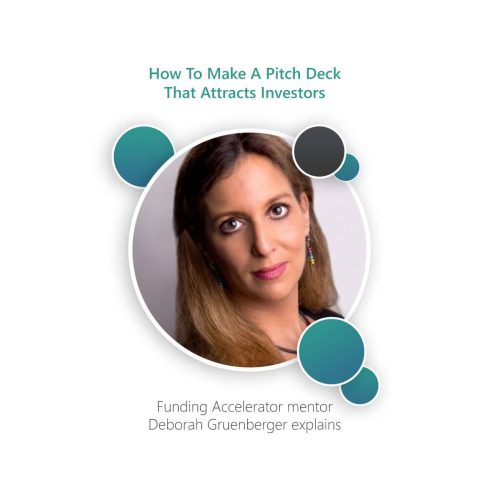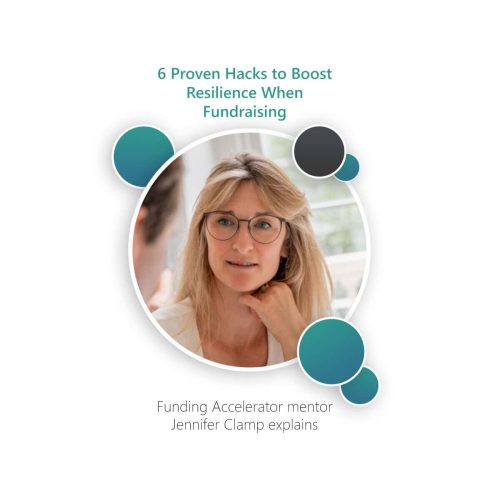Presenting is often cited as a top fear, and when founders step into the high-pressure world of pitching for investment, confidence can easily be shaken. The stakes are high—your pitch can unlock funding and open doors for your business. For first-time founders or those who have faced rejection, nerves can be a huge barrier to success. But with preparation and the right mindset, confidence can be built.
Confidence in pitching is essential because investors need to believe in both your business and your ability to lead it. If you lack conviction, it’s harder for others to trust in your vision. But the question is, how do you cultivate this confidence, especially if you’ve never pitched before?
In a recent article for Startups Magazine, Hatty Fawcett, Founder of Focused for Business, shared some valuable insights on how to boost your confidence before you step into the pitch room. Hatty’s advice centres around preparation, understanding which areas of your pitch to master, and strategies for refining your delivery.

The Importance of Preparation
Preparation is the foundation of any good pitch and the key to building confidence. Knowing your business inside and out helps you articulate your vision clearly and with conviction. Investors want to see that you understand your market, your competition, and the financial metrics that drive your business. These areas are crucial because they’re the ones investors will likely challenge you on.
This preparation involves knowing exactly how your business solves a problem and why your solution is unique. What makes your offering stand out from the competition? Additionally, it’s important to have a firm grasp on your financials. Understanding revenue streams, projections, and expenses is essential, as you’ll almost certainly face questions around your numbers.
Rehearsing Your Pitch
Once you’ve prepared the content, the next step is practice. Practice helps smooth out the rough edges of your pitch, allowing you to focus on tone, pace, and delivery. Practising with experienced entrepreneurs or mentors can be particularly helpful, they’ve been through the process before and can offer constructive feedback on what works and what doesn’t.
Embracing Authenticity
Confidence isn’t just about knowing your pitch word for word, it’s also about being authentic. Investors can sense when a founder is trying too hard or coming off as overly scripted. Instead, let your passion for your business come through naturally. Authenticity can be just as compelling as well-rehearsed facts and figures.
Self-Care and Mental Preparation
In the lead-up to your pitch, taking care of your physical and mental health is just as important as practising your pitch. It’s easy to get caught up in the stress of preparation, but feeling rested and mentally sharp will help you stay calm and focused when it matters most.
Putting It All Together
Confidence doesn’t come overnight, but with preparation, practice, and a focus on authenticity, you can build the confidence you need to deliver a successful pitch. And even if you don’t succeed the first time, pitching is a skill that improves with each experience. Each pitch is a learning opportunity, helping you refine your delivery and approach.
For more detailed tips on how to build your confidence before pitching for investment, you can read Hatty Fawcett’s full article on Startups Magazine by clicking on the button below.
Further reading
- How to weave storytelling into your pitch deck to keep investors’ attention
- 3 things Investors Look for in a Financial Forecast: The Perfect Blend
- 3 things Angels look for in your startup valuation
Ready to start your funding journey?
- Find out how “investment ready” your start-up is by answering 20 quick questions
- Bring your funding questions to our free Funding Strategy Workshop
- Learn about our Funding Accelerator
- Founders’ Negotiation Tactics: How To Secure The Best Startup Valuation - May 12, 2025
- How To Master Your Sales Lifecycle: Close Deals Faster And Smarter - April 30, 2025
- How To Maximise Your Business Valuation And Attract Investors - April 7, 2025






















